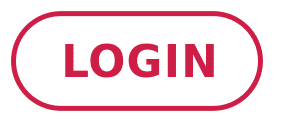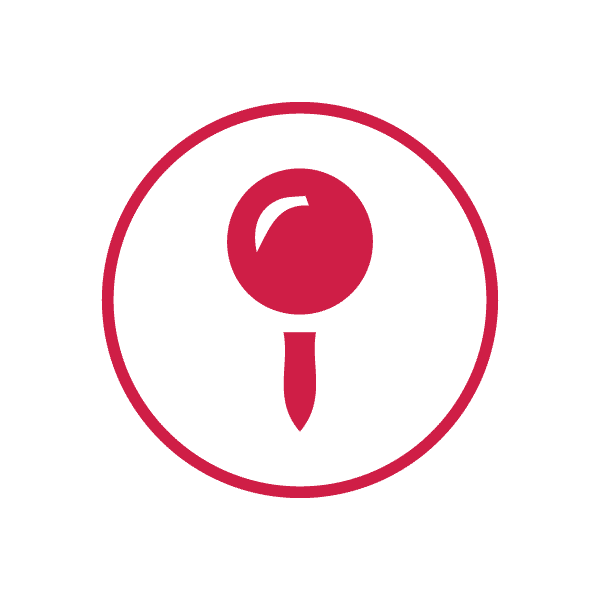Table of Contents
Do you want to know if Forex trading is legal in South Africa? The legality of Forex trading is not explicitly addressed in South Africa's laws. Therefore, trading Forex is entirely legal in South Africa. South Africa's Reserve Bank is responsible for overseeing money flow between countries.
As long as you follow all financial laws to prevent money laundering, forex trading is legal in South Africa. However, you are obligated to declare all your income tax assets for Forex trading.
No law mandates the use of a regulated broker. Although some brokers are regulated under the FSCA, it doesn't apply to everyone. Several well-known international organisations regulate others.
Do South Africans follow any particular rules when trading forex?
We have already established that forex trading is legal in South Africa. Nevertheless, it is important to identify how this activity falls under the legal framework.
A Finance Service Conduct Authority regulates all financial institutions within South Africa.
A non-South African broker should not have to acquire an FSCA license to perform trading activities within South Africa. However, they should be regulated and authorised to offer services like OTC derivatives.
Furthermore, they should comply with all the capital requirements for a successful operation as indicated by their regulator.
Every complying broker should assess all their clients before allowing them to trade leveraged products. Proper due diligence should be done before a client is allowed to fund their account.
This is mainly to vet the client, comply with anti money laundering laws, and to do KYC (know your client) on the individual.
KYC entails the collection of certain documentation such as but not limited to; Proof of Address, National ID or Passport and Proof of Bank Account. Depending on the client's country of origin more than one proof of identity could be required.
The citizens of South Africa are not forbidden from trading on the platforms of non-FSCA-licensed foreign brokerages.
Even so, it is important to choose brokers who have a license within the leading jurisdiction. Australia (ASIC), the UK (FCA), and Cyprus (CySEC) are included.
If the broker has a local license and local presence, it is easier for traders to fund their accounts. Withdrawals are also normally much faster.
Trading in a different fiat currency can be daunting as you have to deal with currency conversions.
Finding a brokerage firm that offers ZAR accounts is the most important step. By using such accounts, you can possibly avoid unnecessary exchange fees and exchange risk.
What are the financial regulators in South Africa?
For forex trading, South Africa has a dual regulatory system. There are two independent bodies with different missions and requirements under this system.
Financial service companies, including forex brokers, are fully regulated by FSCA. The authority will only approve firms that can function within its jurisdiction. Licenses and sanctions can be issued by the agency if companies violate national guidelines.
South Africa's PA and the Prudential Authority are the only other regulatory bodies. Except for banks, they are responsible for monitoring all financial entities.
Therefore, they regulate all non-bank financial institutions, including market infrastructure operators, cooperatives, and conglomerates.
Why should you trade through a regulated entity in South Africa?
Before you sign up for online trading through any broker, ensure that the platform is already a member of a formal, regulated body. For example, in South Africa, FSCA regulates all forex brokers.
As a result, these brokers will provide traders with a layer of extra security and protection while funding their amount. Funds are also kept in segregated accounts, which is important to separate traders' funds from the company's funds.
Some brokers do not require a license due to the country they are located in. Each country has different laws.
However, we advise you to steer away from these brokers!
Which forex trading platforms do South African brokers offer?
Among brokers in South Africa, the general question is which forex trading platform is popular. If you want to trade currencies, you can download a variety of free charting platforms from the Forex broker's website. For beginners, there are several easy to use trading platforms available.
Popular ones include MT4, MT5 and, cTrader.
These platforms allow you to add a variety of technical indicators to your charts, which are excellent for analyzing price movements.
You can typically test the features of most brokers' platforms and learn the ropes of forex trading with a free demo account in South Africa.
Demo accounts allow you to experience live simulated marketing conditions. You can request to top-up these demo accounts with more virtual money if needed. Newbies and professionals alike use demo accounts to test new strategies or to improve their skills.
MetaTrader 4 and MetaTrader 5 are the most common trading platforms offered by brokers. Both of these platforms have an easy to use interface and are thus popular choices.
Legal or Not?
Foreign exchange trading has been growing in popularity throughout South Africa over time. The former FSB, now FSCA, has adapted to ensure proper conduct is followed.
It is 100% legal to trade Forex in South Africa if proper procedures are followed with a regulated entity.
Brokers with the FSCA or another well-established regulatory authority who accept clients from South Africa are generally fine to trade with. These include but are not limited to the FCA, ASIC, SCB and CySEC.
Forex scams are becoming more and more prominent. Always check your brokers' FSP number with the relevant regulatory authority.










